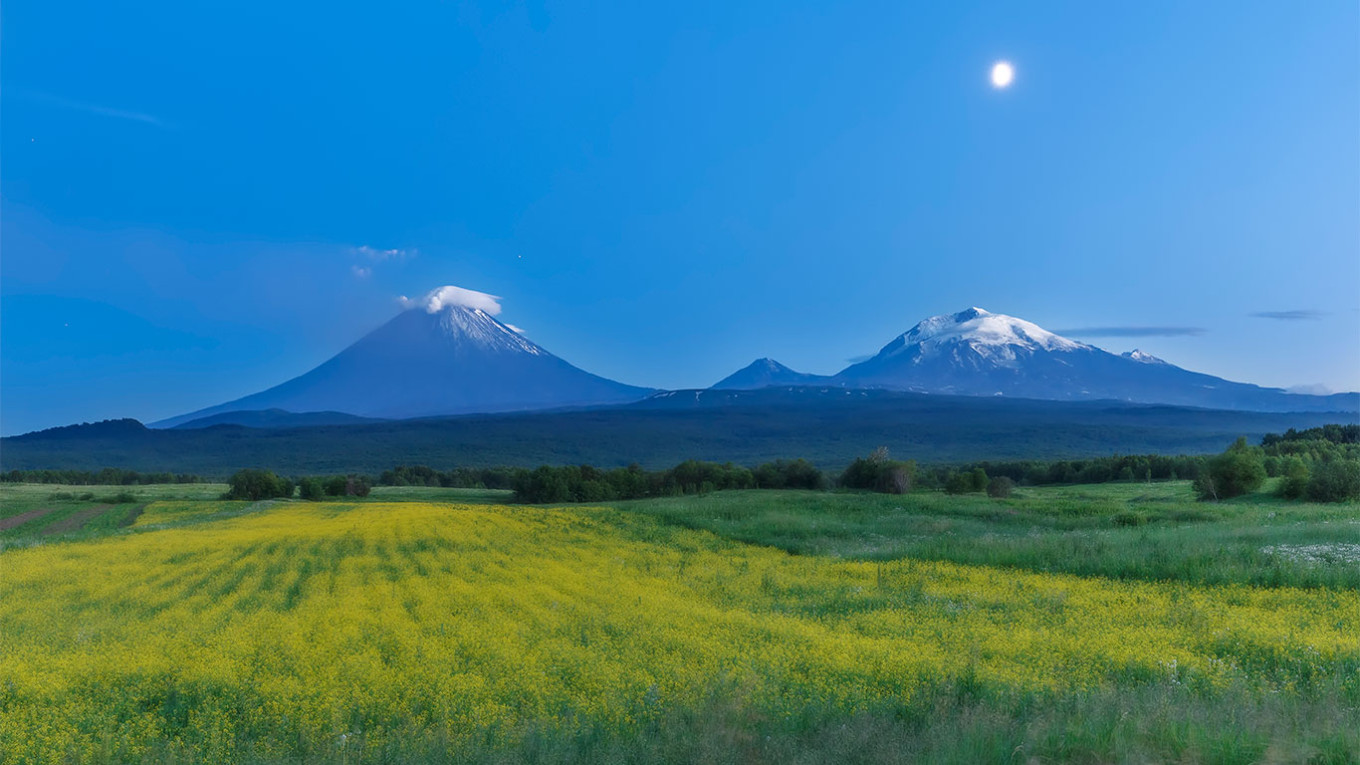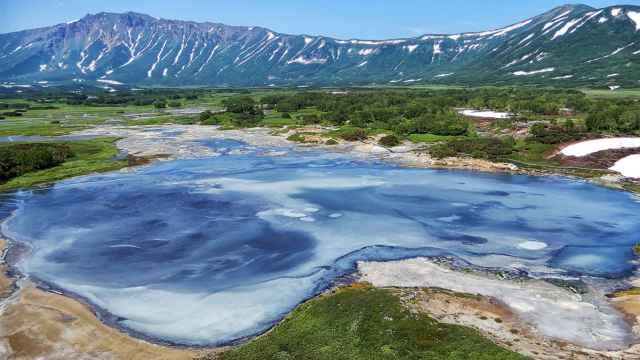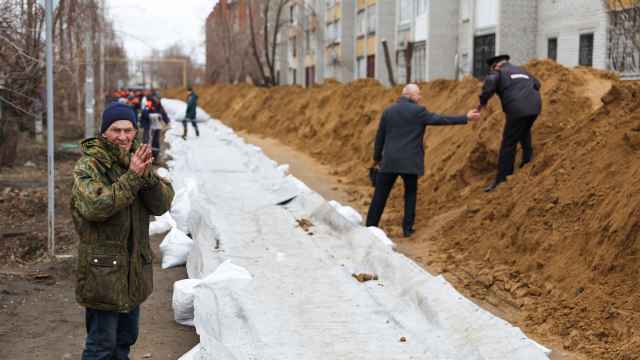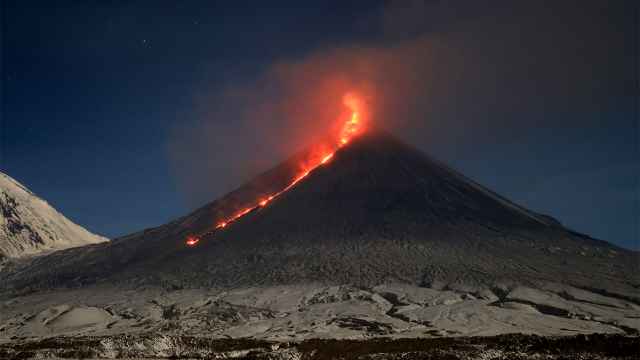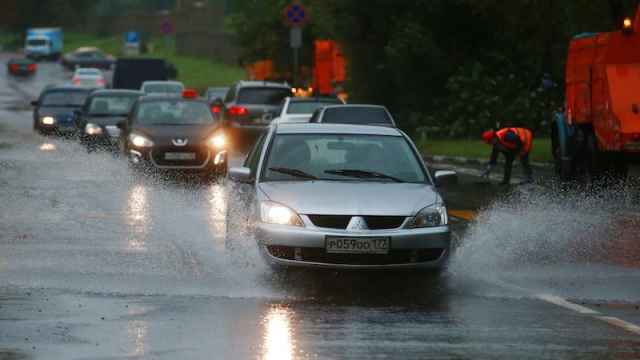At the northeastern edge of Eurasia lies Kamchatka, a remote peninsula in Russia’s Far East which is home to the Volcanoes of Kamchatka, a natural site inscribed in the UNESCO World Heritage List in 1996 as one of the world’s most remarkable volcanic regions.
Spanning almost 4 million hectares, the Volcanoes of Kamchatka is a landscape filled with natural wonders, from salmon spawning grounds and bird colonies to monumental glaciers and breathtaking coastlines.
Today, near the region’s thermal resort village of Paratunka, a motorway is under construction, replacing a once-unpaved road accessible only to off-road vehicles.
Experts say it marks just the beginning of what could become a major exploitation of this UNESCO World Heritage site.
The roadway is being built for the construction of Three Volcanoes Park, a $407 million tourism development project that puts this World Heritage Site’s pristine environment in jeopardy.
In response to these threats, UNESCO’s World Heritage Committee (WHC) is set to make a final decision regarding Volcanoes of Kamchatka’s inclusion on the List of World Heritage in Danger at its 45th session which kicked off in Riyadh, Saudi Arabia on Sunday.
The Volcanoes of Kamchatka site encompasses six federally protected natural areas with varying conservation statuses, an expert in the field who requested anonymity in order to speak freely told The Moscow Times.
But a 2020 decree from the Kamchatka region governor stripped the protected status of some 15,000 hectares in one of those areas, the South Kamchatka Nature Park, including the Zhirovaya and Vilyuchinskaya bays.
“This territory was excluded [from protections] with the intention of its development,” the expert said. “For UNESCO, such a change in the legal status of the property is grounds for inclusion in the list of sites in danger.”
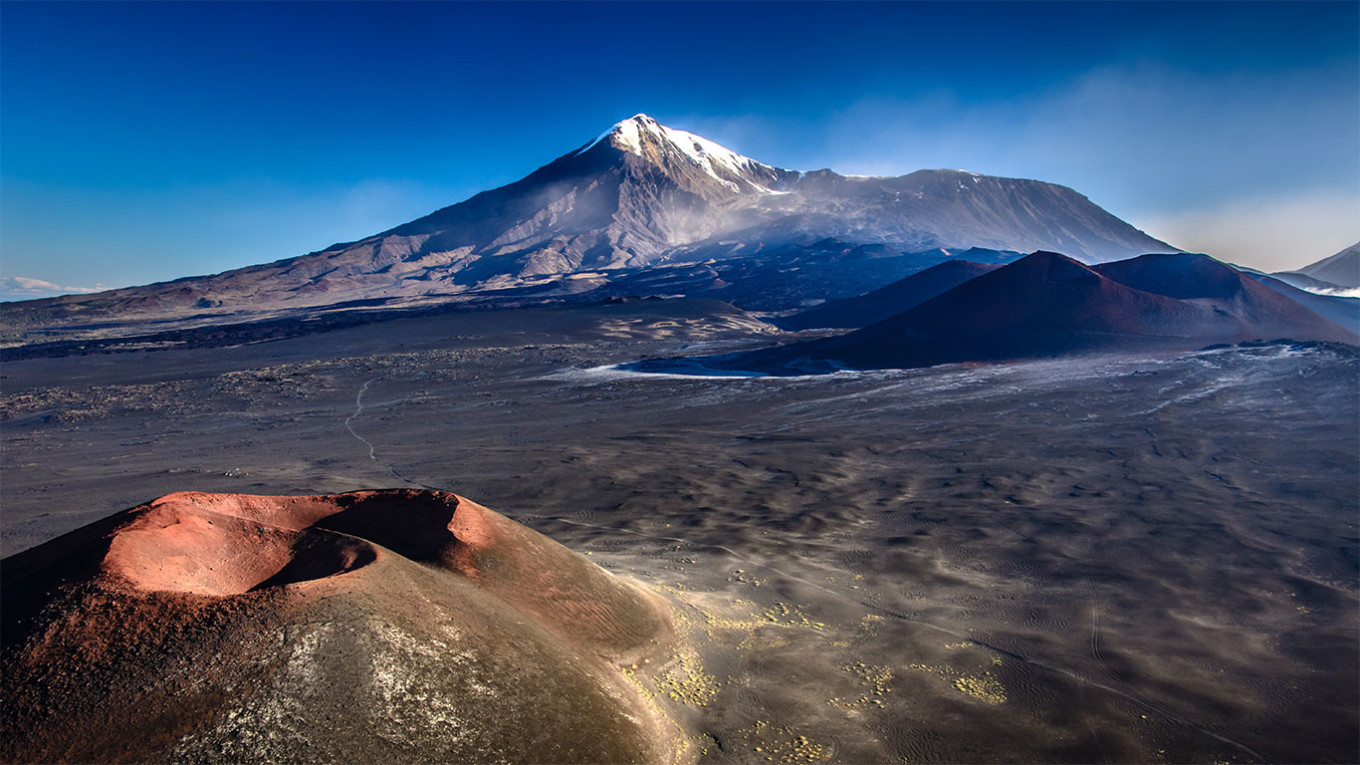
Three Volcanoes Park, which reportedly has 40 billion rubles ($407 million) in joint state and private funding, is one of state-controlled corporation Tourism.RF’s projects aimed at developing Russia’s tourism infrastructure.
Domestic tourism in Russia grew by 12% over the last year, aided by efforts from Russia’s regions to improve the hospitality industry, as well as some Russians' newfound inability to holiday in Europe and the West.
Three Volcanoes Park’s investors include Vladimir Potanin, the president of Norilsk Nickel and the richest man in Russia, according to Bloomberg, as well as Sergei Bachin, who was previously involved in the construction of the controversial Rosa Khutor ski resort in Sochi.
Backed by both federal and regional authorities, this tourism cluster will encompass ski infrastructure facilities, 5-star hotels and a new port terminal capable of accommodating cruise liners. Developers also plan to construct two ski lifts and an observation platform on the Vilyuchinsky volcano.
Once completed, areas of Kamchatka’s rugged wilderness — which were once accessible primarily to mountaineers with specialized gear or tourist groups that could afford a helicopter — would be opened up to significantly larger tourist crowds.
Regional authorities anticipate an increase in annual visits to Kamchatka from 240,000 to 600,000 per year following the park’s completion.
Nevertheless, Bachin in 2021 stressed the developers’ commitment to environmental responsibility, emphasizing nature as their “primary asset” while developing their resorts.
“[Nature] is the fundamental resource that needs to be preserved and protected in every possible way. Currently, tourism in [Kamchatka] is growing spontaneously, almost without control. Our goal is to introduce organized tourism,” Bachin said.
“The project is nature-friendly. It’s being implemented in close proximity to UNESCO World Heritage Sites, but without affecting the core protected natural areas of the region,” said Kamchatka region Governor Vladimir Solodov when announcing Three Volcanoes Park in 2022.
It appears not everyone is convinced. Environmental groups refer to the fact that, in the past, only UNESCO’s intervention helped preserve some natural areas within the Western Caucasus World Heritage Site when the same businessmen were constructing a ski resort and Olympic facilities in Sochi.
Three Volcanoes Park is just one of several points of concern outlined in the UNESCO document over threatened natural sites in Russia.
The international oversight body also points to numerous proposed and approved legal amendments that could negatively impact Lake Baikal and Wrangel Island, as well as the construction of roads, tourism and ski infrastructure in the Western Caucasus, among other issues.
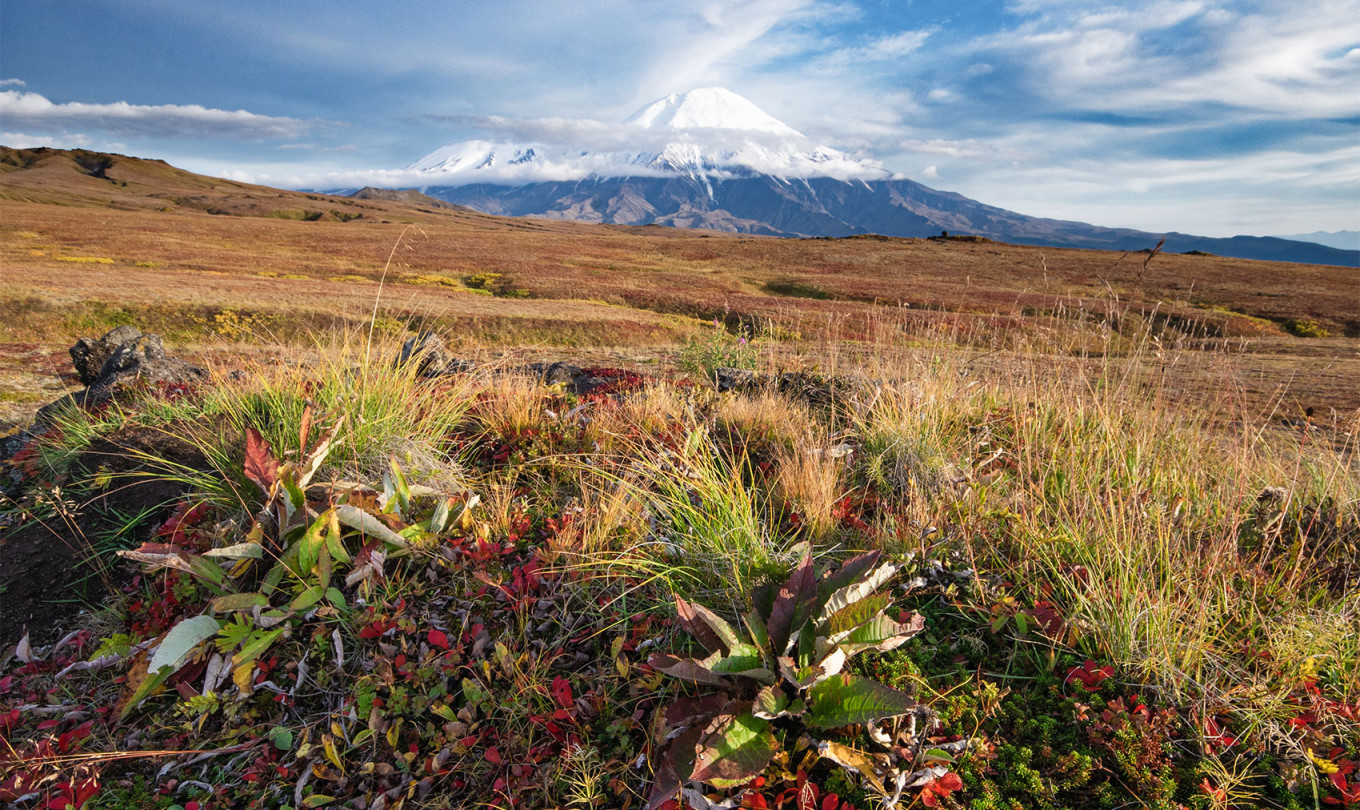
It's not uncommon for Russia to enter a WHC session with numerous threats to natural heritage at home, the expert in the field said. Having been involved in environmental conservation in Russia for almost two decades, the expert said that attacks on protected sites have been going on for “as long as they could remember.”
“We had problems in Kamchatka in the past: in 2014-2015, there was [public] resistance to gold-mining plans there. For the past few years, the situation has been relatively calm. But now it has resurfaced with Three Volcanoes,” the expert added.
While no natural sites in Russia have yet been designated as World Heritage in Danger, such an inclusion would deal a blow to any country's image.
Nevertheless, Russian officials have exhibited mixed rhetoric in recent years, with some displaying clear anti-Western sentiment and others acknowledging UNESCO’s authority.
The Natural Resources Ministry said last month it was conducting a “comprehensive assessment” of UNESCO's concerns, but anticipated "politically motivated accusations against Russia from the 'collective West'” at the upcoming WHC session.
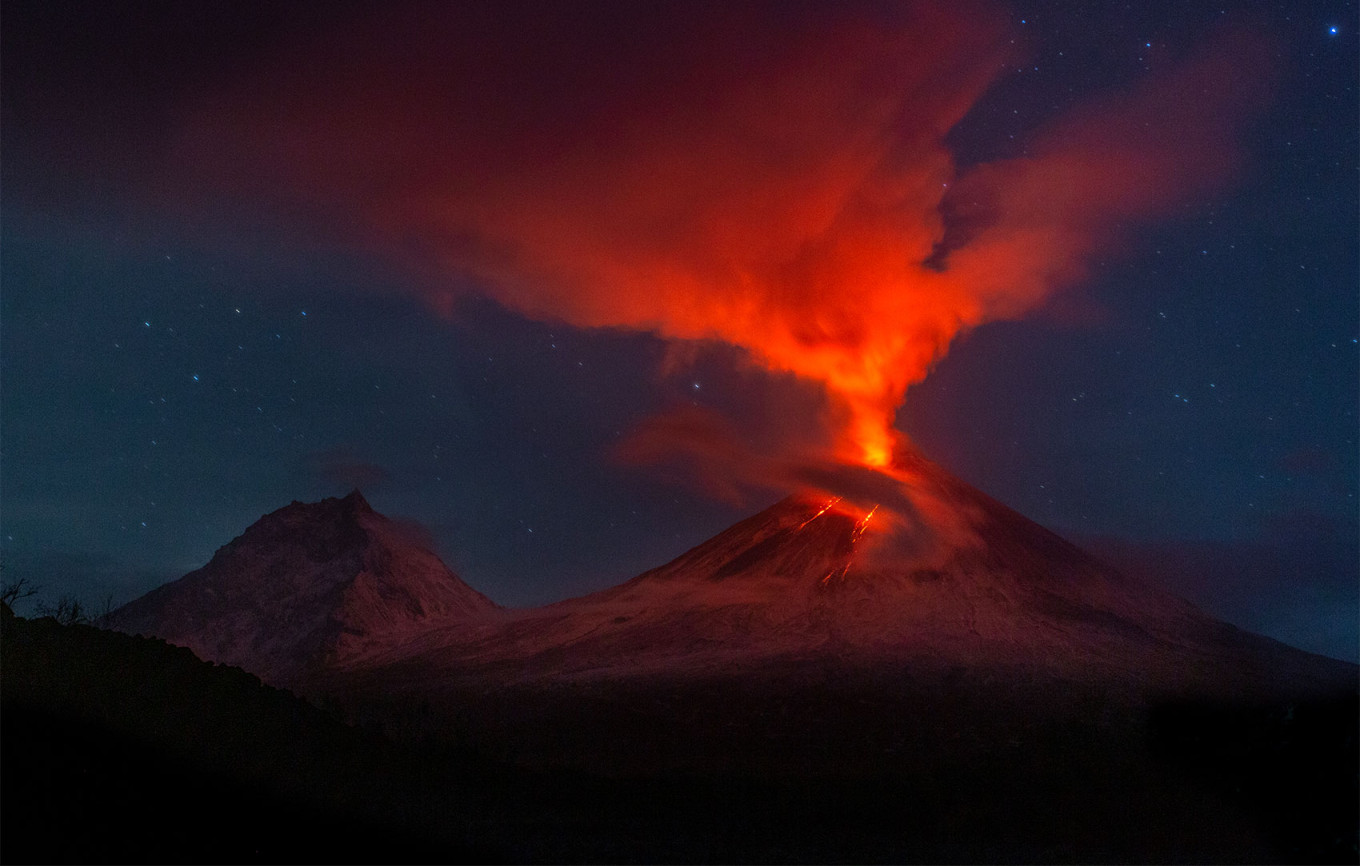
Russian State Duma deputy Pyotr Tolstoy this month questioned whether Russia should be a member of “such a politicized organization” at all.
“We need to defend our economic and geopolitical interests, rather than simply supporting the opinion of the Western establishment on what Russia can or cannot do. They certainly wouldn't want Russia to develop its phenomenal tourism opportunities. [...] They'd prefer wealthy Russians to travel 'through thorns' to Courchevel,” Tolstoy said.
Some regional officials have gone even further, with Vladimir Uyba, acting head of the republic of Komi, calling in 2020 for an end to “UNESCO serfdom.”
However, the Foreign Ministry has recently expressed a willingness to fully participate in the UNESCO Heritage Convention, telling the Kommersant business daily last month that "the mechanisms of the convention have proven their effectiveness and relevance."
The expert in the field said the Foreign Ministry is indeed trying to maintain relations with UNESCO, pointing to the fact that Russia has not withdrawn from the UNESCO convention, despite the precedent set by the Trump administration in the U.S.
The expert noted that the Russian government published a draft order at the beginning of September which strengthens protection for some areas in the Volcanoes of Kamchatka World Heritage Site.
Although the move will not affect the areas that have already lost their protected status to facilitate Three Volcanoes Park’s development, the expert believes the gesture was an effort to alleviate UNESCO’s concerns.
Another environmental expert who asked to remain anonymous due to safety concerns told The Moscow Times that Russia will strive to maintain a positive global image in relation to environment and climate protection.
“For them, it's an opportunity to preserve a platform for dialogue with the West. So one way or another, Russia is trying to 'save face’.”
A Message from The Moscow Times:
Dear readers,
We are facing unprecedented challenges. Russia's Prosecutor General's Office has designated The Moscow Times as an "undesirable" organization, criminalizing our work and putting our staff at risk of prosecution. This follows our earlier unjust labeling as a "foreign agent."
These actions are direct attempts to silence independent journalism in Russia. The authorities claim our work "discredits the decisions of the Russian leadership." We see things differently: we strive to provide accurate, unbiased reporting on Russia.
We, the journalists of The Moscow Times, refuse to be silenced. But to continue our work, we need your help.
Your support, no matter how small, makes a world of difference. If you can, please support us monthly starting from just $2. It's quick to set up, and every contribution makes a significant impact.
By supporting The Moscow Times, you're defending open, independent journalism in the face of repression. Thank you for standing with us.
Remind me later.


